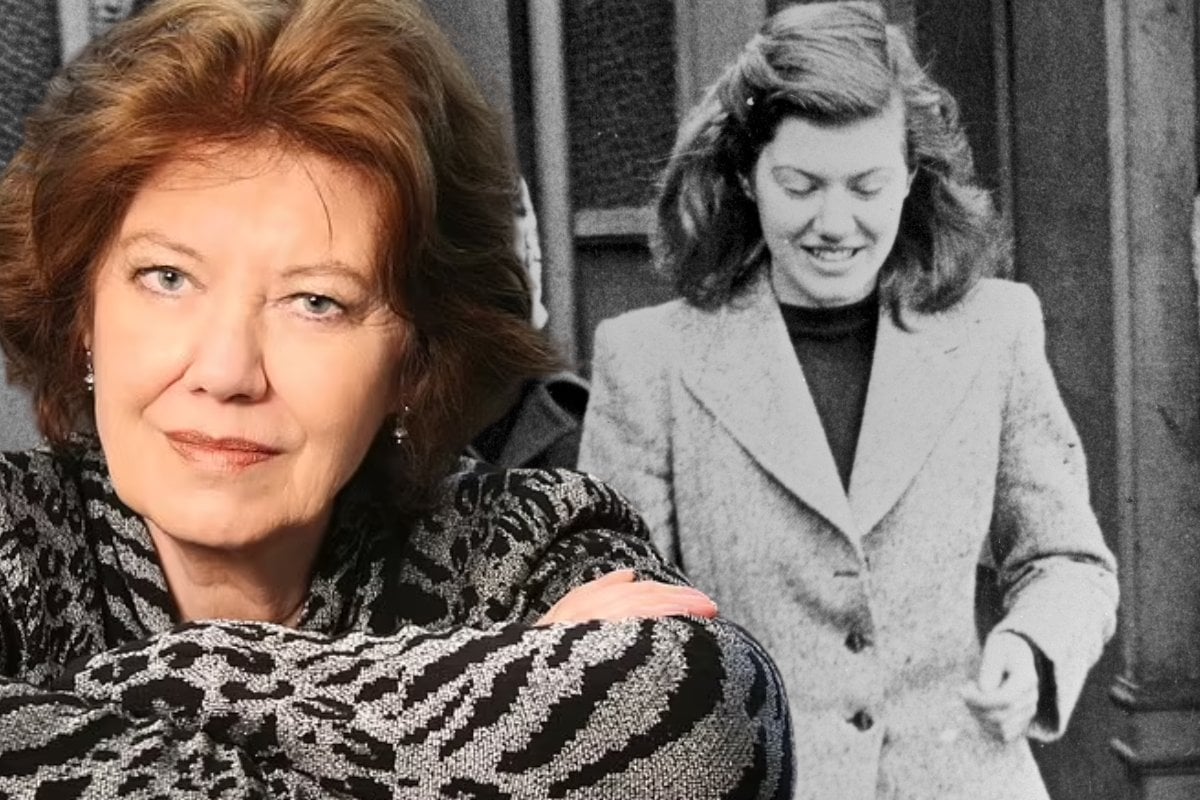
Pauline Parker and Juliet Hulme were immediately drawn to each other.
The teenagers first met in the early 1950s at Christchurch Girls’ High School when Hulme’s family moved from England to New Zealand. At first, the girls bonded over their shared medical history. As a child Pauline had been diagnosed with osteomyelitis, a bone marrow infection, and Juliet had survived tuberculosis.
Soon, they discovered they shared a love for writing and becoming lost in fantasy worlds of their own making. They dreamed of one day becoming famous novelists. They would spend hours together writing stories and creating their own ‘religion’, and a version of heaven which they called ‘The Fourth World’.
Watch: Best friends: Translated. Story continues after video.
Their friendship quickly intensified, with each girl becoming more and more obsessed with the other. Their families began to worry that they were spending too much time together and drifting further away from reality.
When Juliet was once again hospitalised for tuberculosis, her parents were relieved she would be spending time away from Pauline. But the girls’ friendship just intensified, with Pauline visiting Juliet in the hospital and them falling back into their old routines as soon as Juliet returned home.




























































































